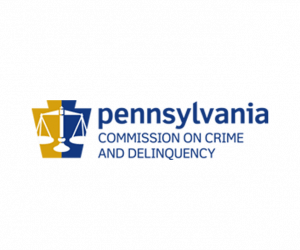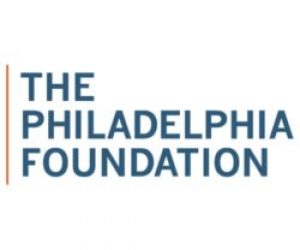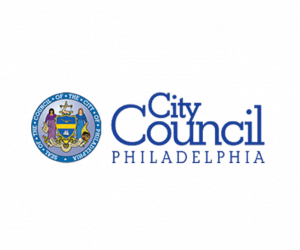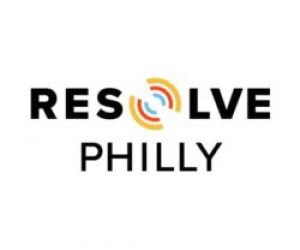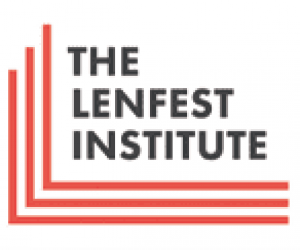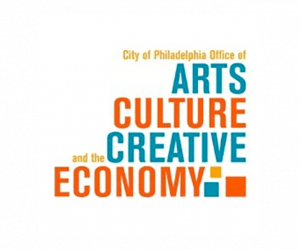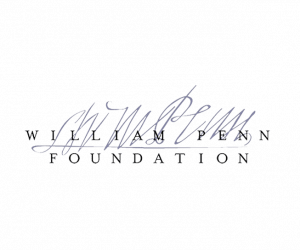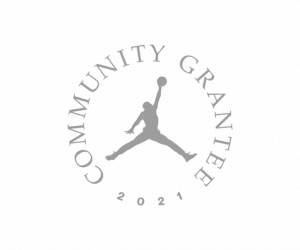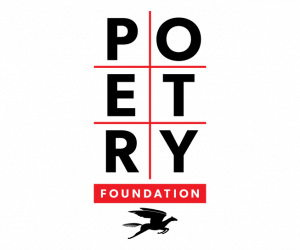‘Fair Chance’ Hiring Helps Formerly Incarcerated People Find Work
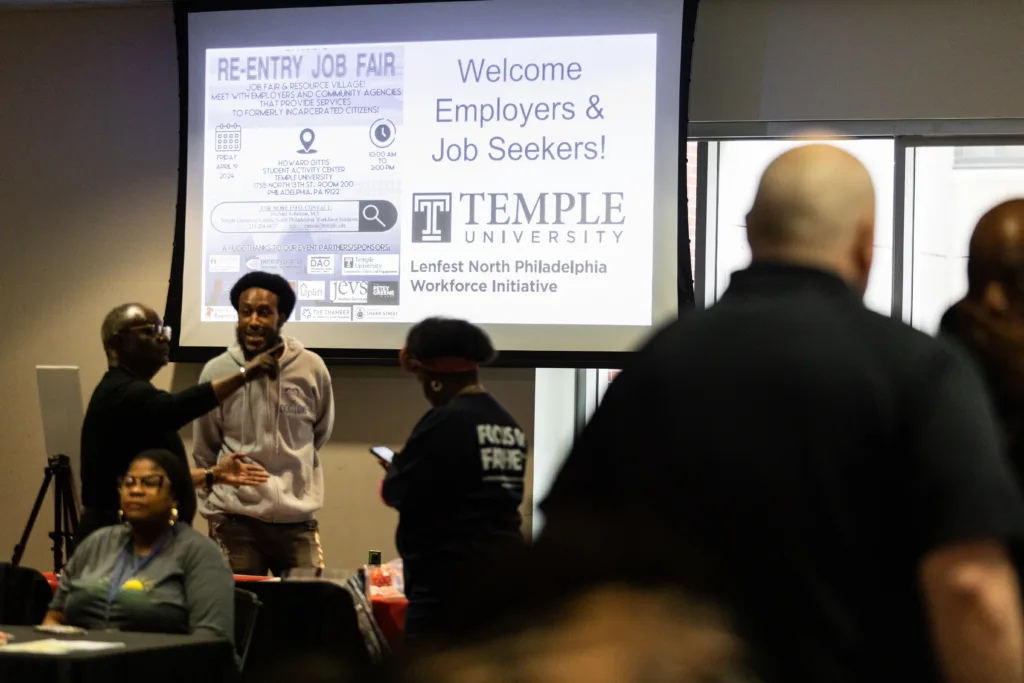
By Ryan Moser
On a recent afternoon in April, more than 50 employers gathered at Temple University with one mission: to meet and hire qualified applicants for open positions at their companies. Within a few hours, discount clothing store Forman Mills hired 50 people.
Unlike other jobs fairs, though, all the applicants had one thing in common: They’d previously been incarcerated.
People who have criminal records can face major challenges being hired after their release from prison. About 45% of formerly incarcerated Americans remained unemployed one year after leaving prison, according to a multiyear study released by the Brookings Institution in 2018. The jobless rate after three years is 27%, five times higher than the general U.S. population.
“No companies would take a risk on me, they weren’t even trying to start me at entry level,” said Evan Figueroa-Vargas, a father of two from North Philadelphia. He did not attend the Temple job fair, but has struggled to find work after his incarceration.
“When you have a criminal background you’re viewed as a liability, not an asset,” he said. “They didn’t even consider the tax breaks they get for hiring me.”
“Fair chance” hiring is the practice of hiring individuals with a criminal record. It is also sometimes called “second chance hiring.”
When formerly incarcerated people can’t find a job after leaving prison, they face significant challenges, including lack of food, clothes, transportation, or shelter. This can cause desperation and lead to additional crimes or addiction issues, perpetuating the cycle of incarceration.
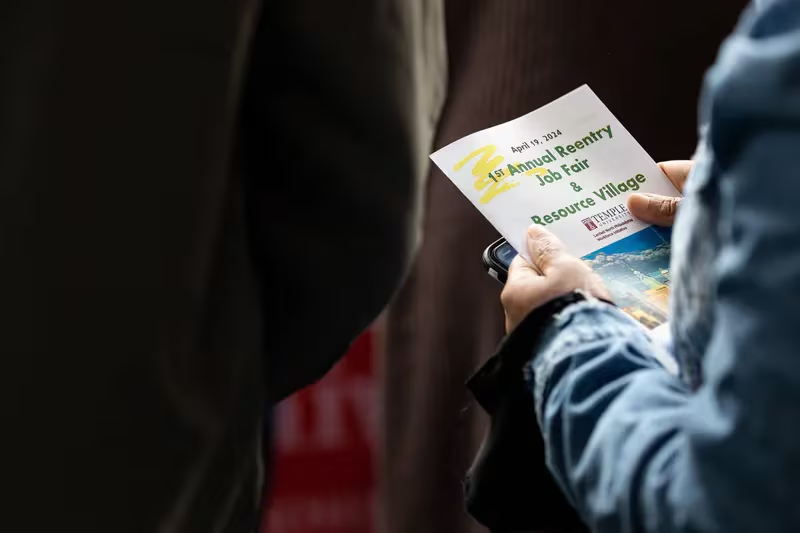
“People run out of hope when probation and child support are due and you can’t get a job,” said Figueroa-Vargas. “A job is not a want, it’s a need, and if someone can’t get hired, they turn back to breaking the law for sure.”
Pennsylvania has the second highest recidivism rate in the country — 67% of people who are released get rearrested and return to prison within three years, according to the Pennsylvania Attorney General’s office.
“Recidivism is high in Pennsylvania because people get out and go back to their communities, and despite doing their time, they don’t have the opportunities that everyone else has,” said Pennsylvania State Sen. Nikil Saval. “We set them up for failure.”
State Rep. Donna Bullock, who attended the job fair, echoed Saval’s thoughts. “It’s a stressful time when you first get out, but having a job right away takes some pressure off and builds confidence,” said Bullock. “We know that there are jobs available and there are people looking for work … we need Philadelphia to be inclusive of justice-impacted people.”
But for some job-seekers, the solution is not a job fair or a large employer. After his search for employment, Figueroa-Vargas opened his own painting company in his neighborhood.
“By opening my own business,” Figueroa-Vargas said, “I made myself a fair-chance company so that I can be an example to other employers around me.
The Inquirer and Resolve Philly are two of more than 25 news organizations powering the Philadelphia Journalism Collaborative. We do solutions reporting on things that affect daily life in our city where the problem and symptoms are obvious, but what’s driving them isn’t. Follow us at @PHLJournoCollab.
This article was originally published by The Philadelphia Inquirer on May 25, 2024.


